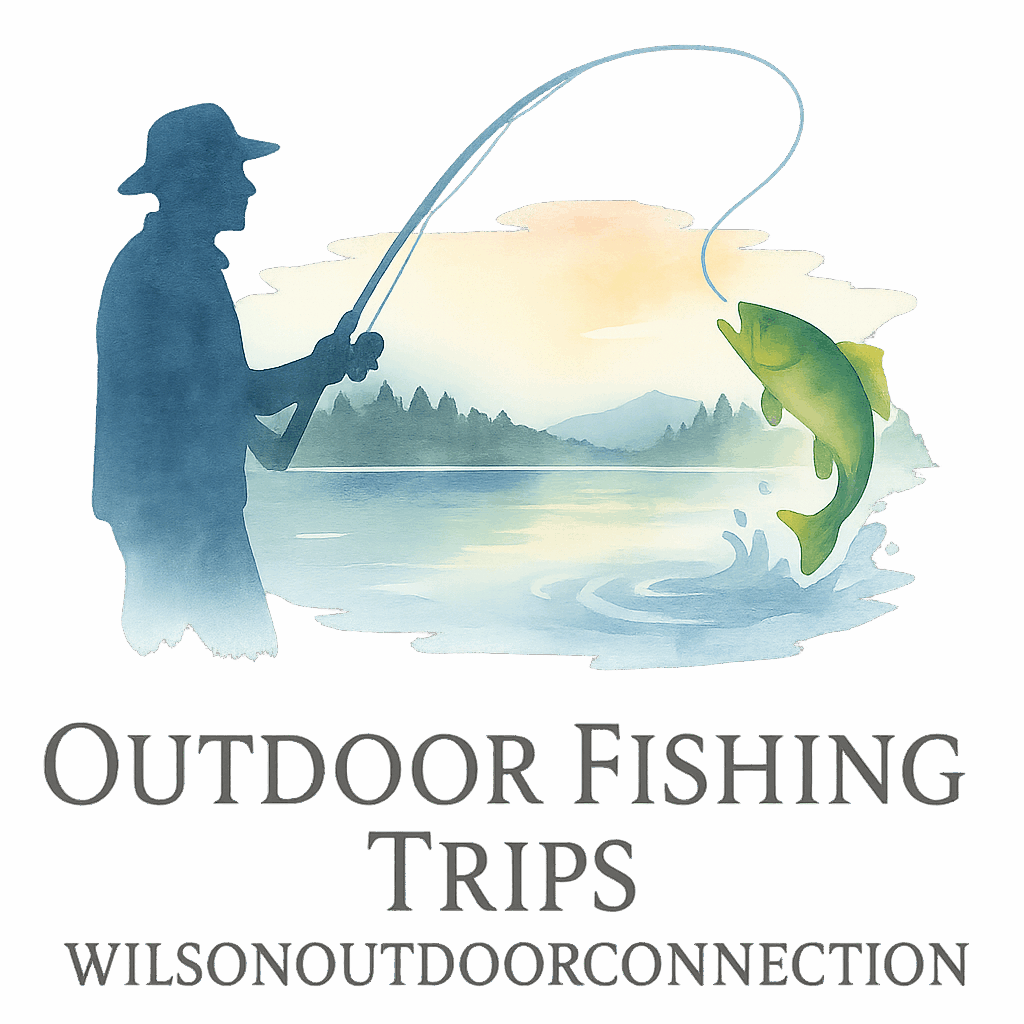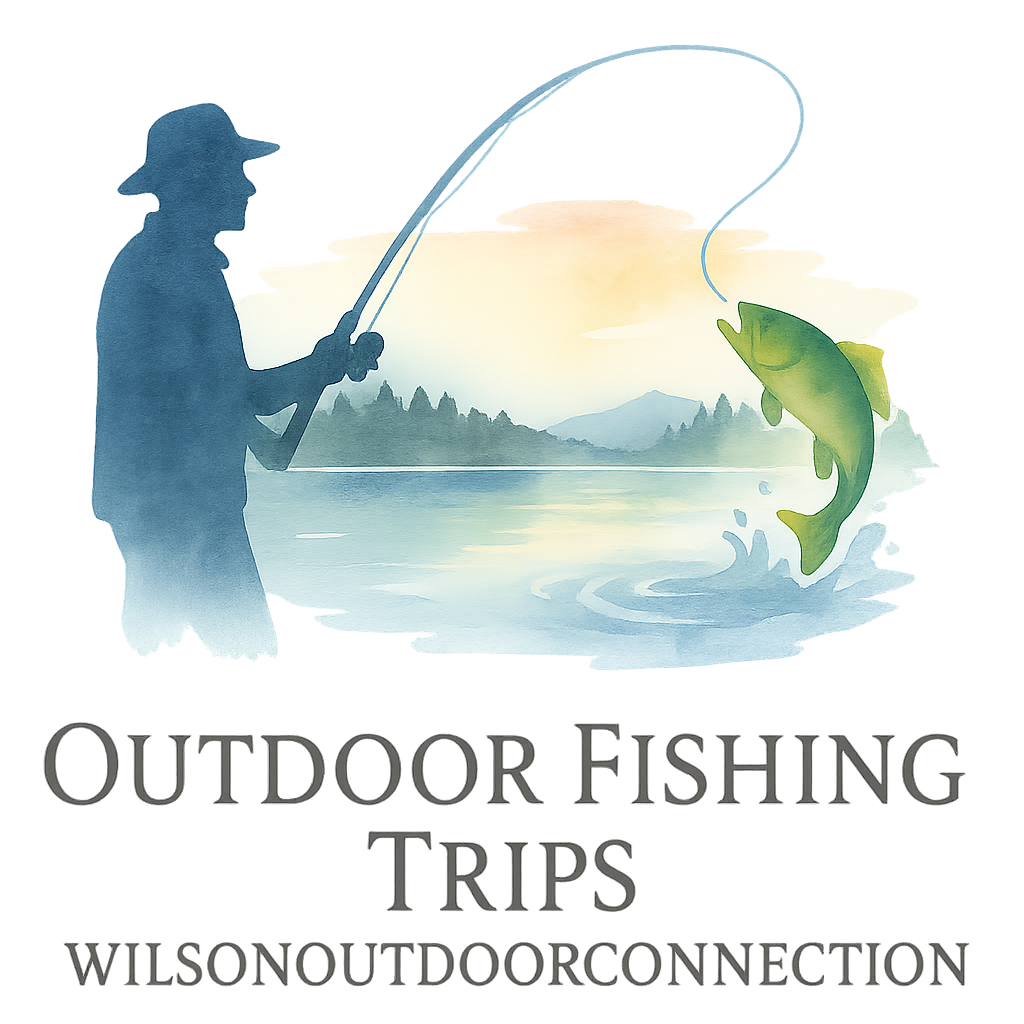Lake fishing is one of those outdoor activities that just hits differently—it’s peaceful, rewarding, and a perfect way to connect with nature. But while reeling in bass or trout sounds like a dream, it’s crucial to prioritize safety, especially on large and sometimes unpredictable lakes. Whether you’re new to the game or a seasoned angler, these 9 safety tips for outdoor fishing on lakes will ensure your trip is memorable for all the right reasons.
Let’s dive in—safely, of course.
Why Safety Matters in Lake Fishing
Here’s the thing: lakes aren’t always as calm as they look. Weather can change, equipment can malfunction, and the unexpected can quickly become a reality. Ensuring your safety allows you to focus more on the joy of fishing and less on the potential risks.
And hey, if you’re fishing with family or friends, safety becomes even more of a priority—because now you’re responsible for more than just yourself.
Looking to plan the perfect fishing trip? Check out our full fishing trip planning guide to get started.
Tip 1: Check the Weather Forecast First
How Weather Can Affect Your Safety
Nothing ruins a fishing day faster than a surprise thunderstorm. Lightning on open water? No thanks. Wind can create choppy conditions, especially on larger lakes, and even light rain can make docks and boats slippery.
Recommended Apps and Tools
Use weather apps like Windy, AccuWeather, or even NOAA marine forecasts. Make checking the forecast part of your fishing trip planning checklist.
For more trip-planning essentials, visit our tagged checklist guide.
Tip 2: Always Wear a Life Jacket
Choosing the Right Life Jacket
Yes, even if you’re a strong swimmer. Sudden boat jerks or slips can catch anyone off guard. Choose a U.S. Coast Guard-approved life jacket designed specifically for fishing. These offer mobility and often include pockets for gear.
Wearing one isn’t just about rules—it’s about tradition, responsibility, and protecting the ones you fish with.
Tip 3: Use the Right Fishing Gear
Why Gear Matters for Safety
Low-quality rods, tangled lines, or dull hooks aren’t just frustrating—they can be hazardous. A snapped line under tension or a poorly built lure can cause injury.
Where to Find Quality Gear
Our fishing gear essentials guide breaks down what to bring based on your skill level. Whether you’re a beginner or experienced, the right gear makes all the difference.

Tip 4: Stay Hydrated and Protect Against Sun
Sunburns and Dehydration Dangers
Even on cloudy days, UV rays can hit hard out on a reflective lake surface. Pair that with heat and limited access to shade, and you’ve got a recipe for sunstroke or dehydration.
Packing the Right Essentials
Always bring:
- SPF 50+ sunscreen
- Polarized sunglasses
- A wide-brim hat
- At least 2 liters of water
We cover more helpful fishing accessories for comfort and safety in our gear guide.
Tip 5: Bring a First Aid Kit
Must-Have Items Inside Your Kit
Cuts from hooks, slips on wet rocks, or even a minor allergic reaction can derail your trip. Your kit should include:
- Bandages
- Antiseptic wipes
- Tweezers (for hooks)
- Pain relievers
- Emergency blanket
It’s a simple but critical part of your fishing prep—and one often overlooked.
Tip 6: Know the Lake Layout
How to Read a Lake Map
Fishing without understanding the lake’s structure is like driving without a GPS. You need to know where drop-offs, weed beds, and submerged obstacles are located.
Apps and Local Guides
Use fish-finding apps or lake maps from local bait shops. Or check our guide on fishing destinations and lakes to find detailed descriptions.
Knowing the terrain also helps you avoid dangerous areas like sudden shelves or currents.
Tip 7: Go Fishing with a Buddy
The Bonding and Safety Advantage
Fishing solo can be peaceful, but fishing with a buddy is smarter. Two sets of eyes catch more than one, and in an emergency, having someone there could be lifesaving.
Plus, fishing is about bonding. Share the experience and build traditions with family and friends that last a lifetime.
Need help getting others involved? Our posts tagged bonding and relationships offer tips.
Tip 8: Keep Your Phone and Radio Charged
Best Communication Tools for Emergencies
You don’t want to be that person stuck on the water with a dead phone. Portable power banks and hand-crank radios are your best friend.
A waterproof case also helps. Trust me—you’ll thank yourself later when your phone takes a splash and still works.
Pro tip: Add a whistle to your gear. Sometimes, the old-school methods work best.
Tip 9: Respect Wildlife and Local Rules
Why Rules Exist and Why They Matter
Each lake has its own ecosystem. That means specific fish limits, protected species, and rules about boats, bait, and trash.
Respecting the rules isn’t just about avoiding fines—it’s about preserving the sport for future generations.
Want to learn more about ethical fishing and best practices? Explore our articles tagged with techniques, accuracy, and tradition.
Final Thoughts on Safe Lake Fishing
Fishing on lakes can be one of the most relaxing and satisfying ways to spend your time outdoors. But without proper preparation, it can also become dangerous—fast.
The good news? Staying safe doesn’t mean complicating your trip. A little planning, the right combo of gear and know-how, and a smart attitude will go a long way in ensuring your next outing is all about the fish—and not the fails.
Stay sharp, stay safe, and happy fishing!
FAQs
1. What should I wear for safe lake fishing?
Opt for layers, waterproof gear, polarized sunglasses, and always a life jacket. Don’t forget sunscreen and a hat.
2. Is it safe to fish alone on a lake?
It’s safer to fish with a partner, especially on larger lakes. If you must go solo, let someone know your plans and take a charged phone and GPS.
3. What type of fishing gear is best for lakes?
Light to medium rods and reels work well. Check out our fishing gear essentials for specifics.
4. How do I protect my phone while fishing?
Use a waterproof phone case and a lanyard. Bring a backup power bank for long trips.
5. Why is a first aid kit necessary for fishing?
Minor injuries like cuts, hooks in fingers, or bug bites are common. A kit helps treat these on the spot.
6. What’s the best way to find safe fishing spots on lakes?
Use lake maps, GPS, or check our fishing destinations section for recommendations.
7. What are common beginner mistakes in lake fishing?
Not checking the weather, skipping safety gear, and using the wrong bait or line are common. Avoid them by browsing our beginner tips.


